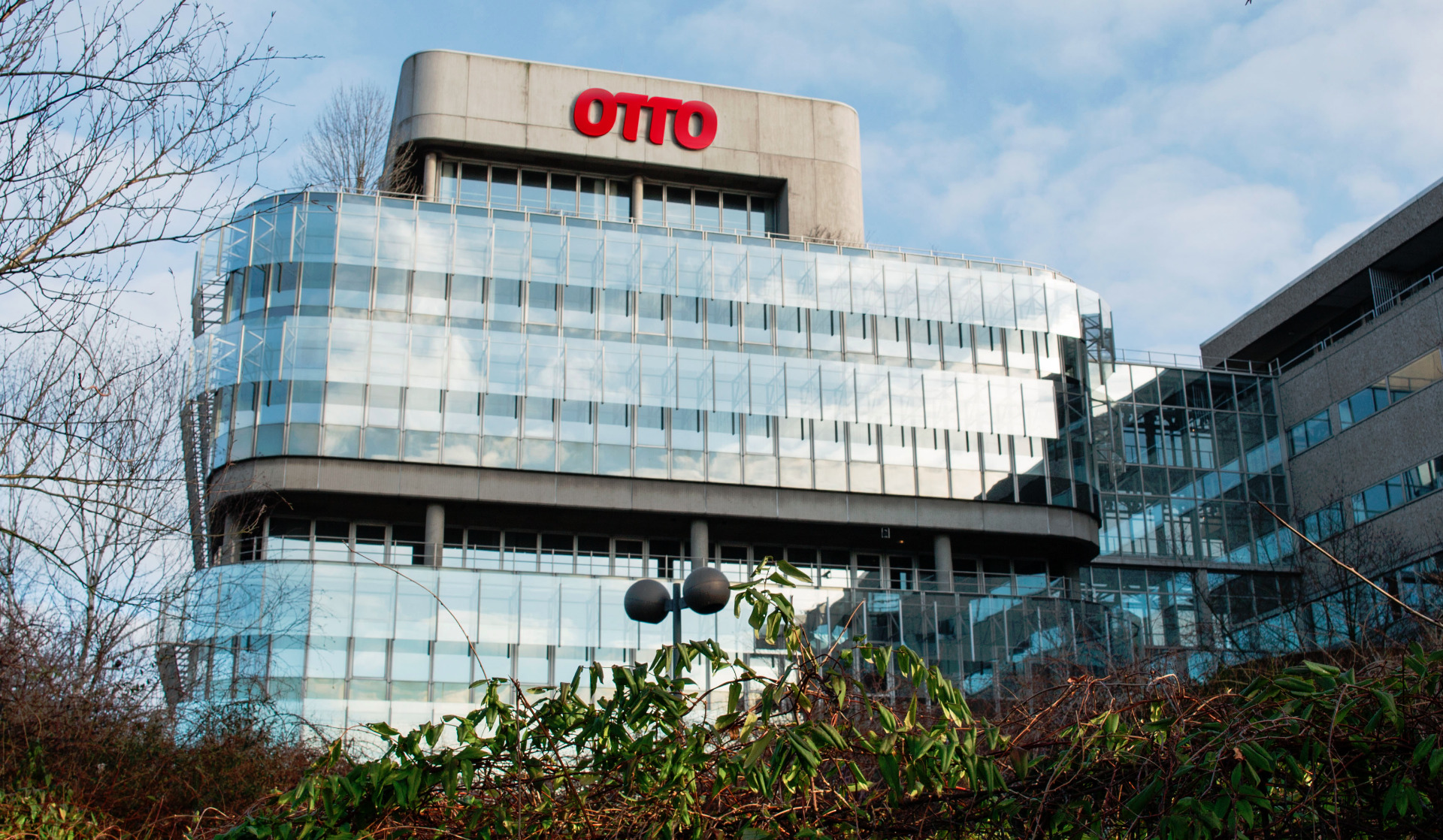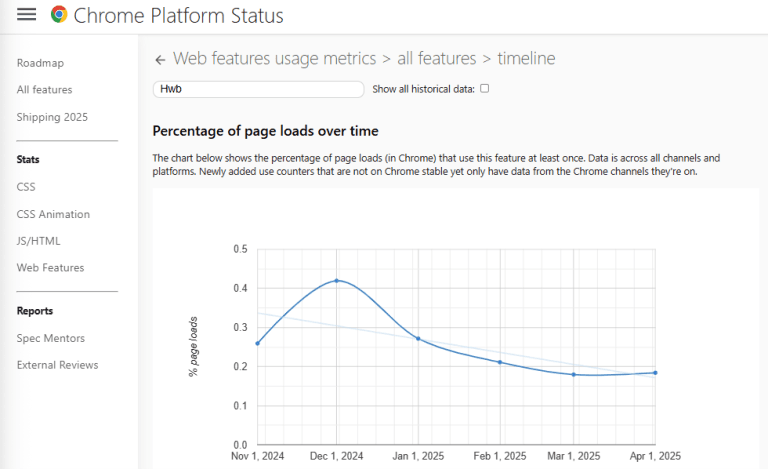
After 46 years, Otto is pulling the plug on its unprofitable operations in the Netherlands. Unlike in its home market in Germany, Otto’s promising marketplace model never took off in the neighbouring country. The decision will impact around 70 employees.
This is reported by the German trade publication Lebensmittel Zeitung based on an internal letter. Otto started in the Netherlands in 1979 and became a familiar name there, but the parent company has now decided to cease operations. The news has been confirmed by Dutch trade site RetailTrends. A spokesperson attributed the decision to “significant operational losses and a lack of economic prospects”.
From catalogue to online sales
Otto rose to prominence as a mail-order company. Since the 1990s, the focus shifted from catalogue sales to online retail, a move also made by the German Neckermann and the Dutch Wehkamp, among others. Neckermann went bankrupt in 2012, after which Otto acquired the brand and domain name. Four years ago, the platform was completely shut down. Wehkamp grew to become the largest online retailer in the Netherlands at the beginning of the previous decade, but its influence has waned, and it recently announced a new reorganization.
Local hero Wehkamp is reorganizing
Wehkamp ranks 8th in the latest Twinkle100, a list of the largest online sellers in the Netherlands by revenue. Otto occupies 46th place on that list, based on 2023 revenue figures. Ongoing losses and a lack of prospects mean Otto will leave the Netherlands, although the exact timing remains unclear. In addition to Otto.nl, Lascana.nl will also disappear from the market.
Marketplace model
In Germany, Otto was able to turn things around after a few challenging years by focusing on a marketplace model, just like its German counterparts MediaMarkt and Zalando. Otto is outperforming and claims to be experiencing profitable growth in its home country. The shift also renewed confidence, with Group CEO Petra Scharner-Wolff stating:
‘We have faced up to the challenges of the market and coped with them very well’
However, the marketplace model did not gain traction in the Netherlands, where Otto operates with a “classic retail concept”, the spokesperson told RetailTrends. This approach has proven insufficient.





